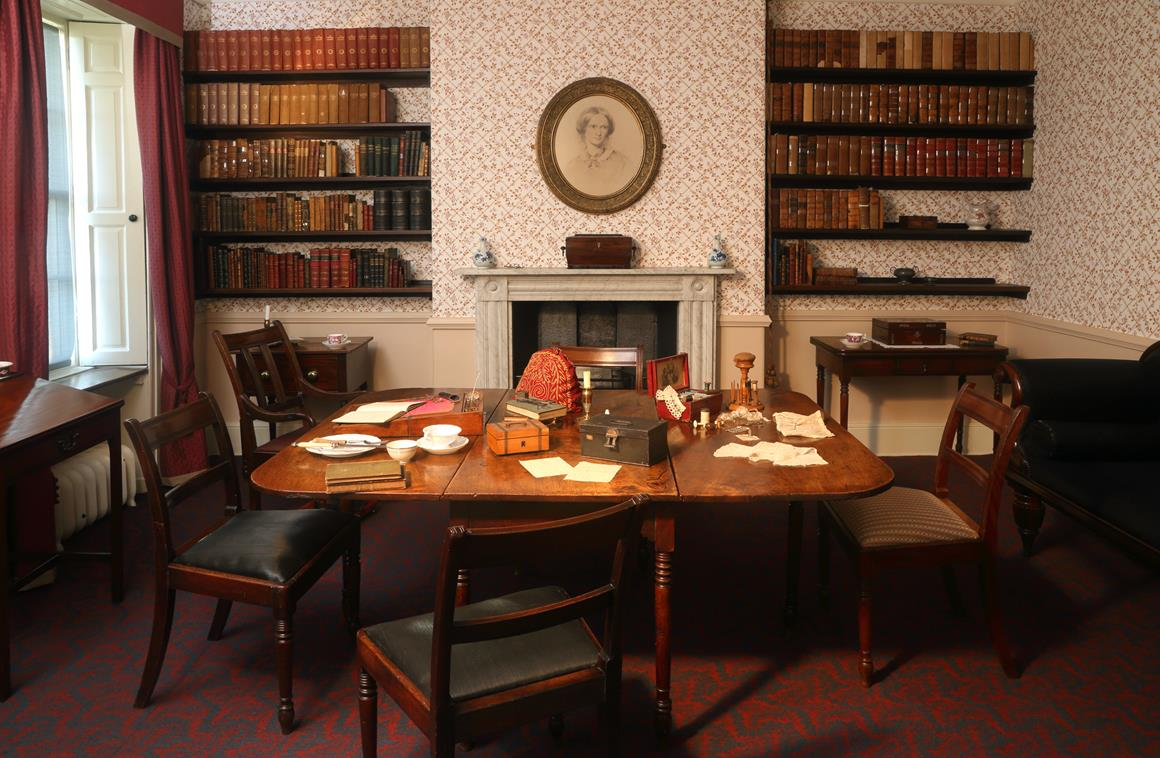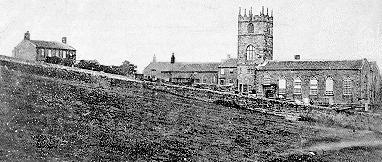Merry Christmas
to all of you
This is a blog about the Bronte Sisters, Charlotte, Emily and Anne. And their father Patrick, their mother Maria and their brother Branwell. About their pets, their friends, the parsonage (their house), Haworth the town in which they lived, the moors they loved so much, the Victorian era in which they lived.
 Christmas with the Bronte Family, and a look at the festivities celebrated in Yorkshire in the 19th century. The fellow countrymen of the Brontes are quite hard to please when it comes to literature about their famous local heroines. But the reviewer of the YORKSHIRE DALES Magazine was fulsome in his praise, to the point of making the book the prize for their Christmas competition last year! "Christmas in the Bronte Household; vessel maids and spice cake and Christmas accounts from the Bronte novels - all these and more are described in The Brontes Christmas. Dip into the pages of this engaging anthology and discover customs long forgotten. The Brontes Christmas by Maria Hubert is published by Suttons publishing and available from all good bookshops."
Christmas with the Bronte Family, and a look at the festivities celebrated in Yorkshire in the 19th century. The fellow countrymen of the Brontes are quite hard to please when it comes to literature about their famous local heroines. But the reviewer of the YORKSHIRE DALES Magazine was fulsome in his praise, to the point of making the book the prize for their Christmas competition last year! "Christmas in the Bronte Household; vessel maids and spice cake and Christmas accounts from the Bronte novels - all these and more are described in The Brontes Christmas. Dip into the pages of this engaging anthology and discover customs long forgotten. The Brontes Christmas by Maria Hubert is published by Suttons publishing and available from all good bookshops." On December 19, 1848, Emily, 29 years old, died of tuberculosis. She had become ill three months earlier at Branwell's funeral. Branwell died of tuberculosis aggravated by his dissolute life style. According to Charlotte, as Emily slowly withdrew from life, Keeper continually “lay at the side of her dying-bed” ( Barker, 1998, p. 240).
On December 19, 1848, Emily, 29 years old, died of tuberculosis. She had become ill three months earlier at Branwell's funeral. Branwell died of tuberculosis aggravated by his dissolute life style. According to Charlotte, as Emily slowly withdrew from life, Keeper continually “lay at the side of her dying-bed” ( Barker, 1998, p. 240). 

